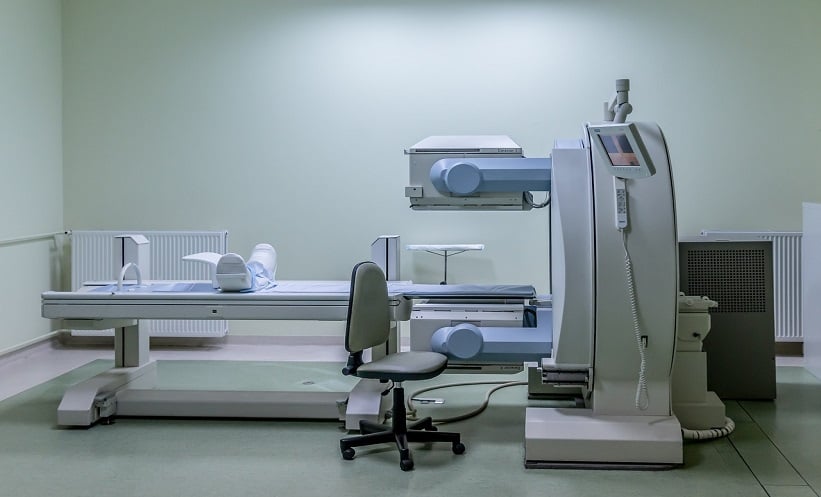STUDY data has revealed that, despite its use in routine practice for prostate cancer diagnosis and staging, multiparametric MRI (mpMRI) is not effective at accurately staging localised prostate cancer.
A group of researchers led by Thenappan Chandrasekar, University of California Davis Medical Center, Sacramento, California, USA, collated data on males who underwent radical prostatectomy in 2021 from the Pennsylvania Urologic Regional Collaborative (PURC), as well as institutional data from a single academic medical centre.
An evaluation of mpMRI’s sensitivity, positive predictive value (PPV), and negative predictive value (NPV) in predicting pT2N0 organ confined disease, bladder neck invasion (BNI), extracapsular extension (ECE), seminal vesicle invasion (SVI), and lymph node involvement (LNI) was performed. BNI was not captured in the PURC data.
Analysis of the institutional data revealed that preoperative mpMRI achieved high specificity for all outcomes but yielded low sensitivity, PPV, and NPV at 2.9%, 40.0–100.0%, and 56.3–94.3%, respectively. Similarly, analysis of PURC data revealed that mpMRI yielded high specificity for all outcomes, but low sensitivity (16.8–24.4%), low PPV (35.8–68.2%), and low NPV (68.4–96.2%).
Following this, stratification using the American Urological Association (AUA) risk stratification (RS) groups was performed. For the institutional data, this stratification showed significant association between AUA RS and mpMRI’s prediction of SVI (p<0.001). However, no significant associations were identified between AUA RS and mpMRI’s ability to predict BNI, ECE, or LNI. No associations between mpMRI accuracy, timing, strength, or institution were identified.
The authors concluded that mpMRI is not adequate to accurately stage localised prostate cancer and suggest that mpMRI findings should be considered in the context of other factors, including clinical risk stratification, patient history, and other staging techniques. Thenappan commented: “Our data from a multi-institutional collaborative demonstrates that, in the real-world setting, mpMRI should be used cautiously for local staging prior to radical prostatectomy.”








